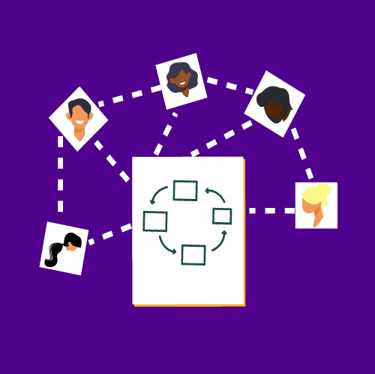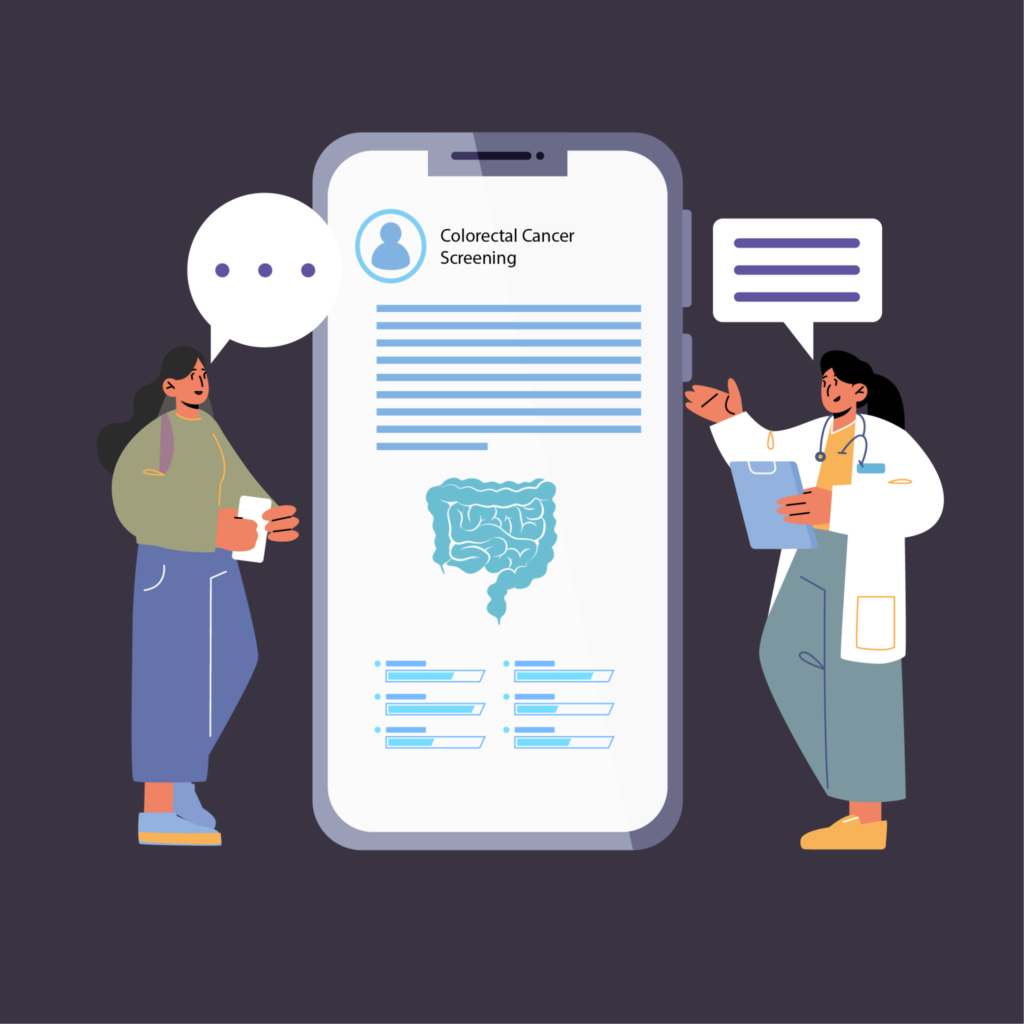Implementation Science Center for Cancer Control Equity
The Implementation Science Center for Cancer Control Equity (ISCCCE) is one of seven such centers funded by the National Cancer Institute Moonshot Initiative. ISCCCE aims to develop sustainable strategies for ensuring that all patients have access to evidence-based cancer prevention and control.
Key Research
For the first two years of the grant, four health centers are active pilot sites and all of the health centers are part of the learning community. In future years, other learning community health centers may engage as pilot sites as well.
This community of health centers across Massachusetts has been developed to increase implementation science in community health settings, enable a range of studies on the adoption and implementation of cancer prevention and control strategies, and allow for rapid-cycle testing of innovative approaches in settings that serve populations with health disparities. Health centers will be offered a range of implementation support elements, including a virtual and in-person learning community to enhance organizational capacity, an implementation support team to guide integration of evidence-informed strategies into clinical practice and an implementation practitioner to provide ongoing technical assistance to pilot study sites. Center aims are to:
1. Develop a Learning Community to build capacity and implementation readiness among Massachusetts community health centers and provide support for pilot study implementation and evaluation of evidence-based interventions among a subset of sites that are ready to undertake implementation activities.
2. Form a Data Management Unit to coordinate data collection, data sharing, and data-related communication across health center partners and ISCCCE investigators.
3. Establish a Practice Surveillance Unit to monitor ongoing implementation activities, track outcomes of the rapid-cycle pilot studies, inform the development of future pilot studies, and assess unintended negative impacts on other health equity initiatives across the community health centers.
Pilot Studies
Clinical‒Community Partnerships for Cancer Prevention Equity
Project Lead: Rebekka Lee
Multi-level Stakeholder Perspectives on Defining, Measuring and Addressing Health Equity in Community Health Centers
Project Lead: Kelly Aschbrenner
Bridging the Gap: Understanding and Addressing Utilization of Immunotherapy for Melanoma
Project Lead: Alan Geller


Engaging Boundary Spanners in Cancer Communication: Responsive Feedback Approach
Project Lead: Rachel McCloud

Adapting Patient Navigation To Reduce Housing-Related Inequities In Cancer Screening
Project Leads: Fay Khudairi and Travis Baggett
Implementation of Paired Promotion of Colorectal Cancer Prevention and Social Needs Screening
Project Leads: Sanja Percac-Lima and Jennifer Haas
MASS CRC Screening: Making Adaptable and Sustainable Strategies for Community Colorectal Cancer Screening
Project Lead: Adjoa Anyane-Yeboa

Addressing Incomplete and Missing EHR Data in Implementation Science
Project Lead: Sebastien Haneuse

Development and Feasibility of Methods for Stakeholder and Equity Data-Driven Implementation in Cancer Control and Prevention
Project Leads: Kelly Aschbrenner and Steve Bartels

Development of Cost-Effectiveness Methods for Cancer Control Implementation Strategies
Project Lead: Doug Levy

Advancing Health Equity Through Implementation Science: Environmental Scans and Cross-Site Collaboration
Project Lead: Erica Warner

Human-Centered Design of a Stakeholder and Equity Data-Driven Implementation Process
Project Lead: Kelly Aschbrenner

Community-Engaged Development of Economic Evaluation Tools for Implementation
Project Lead: Doug Levy

Benefits of Participatory Systems Science Methods for Implementation Research
Project Lead: Natalie Riva Smith

Strategies for Leveraging Social Networks in Community-level Dissemination and Implementation Research: A Narrative Review
Project Lead: Shoba Ramanadhan

Practical Considerations and Strategies for Collecting Data on Implementation Determinants in Low Resource Healthcare Settings
Project Lead: Kelly Aschbrenner







